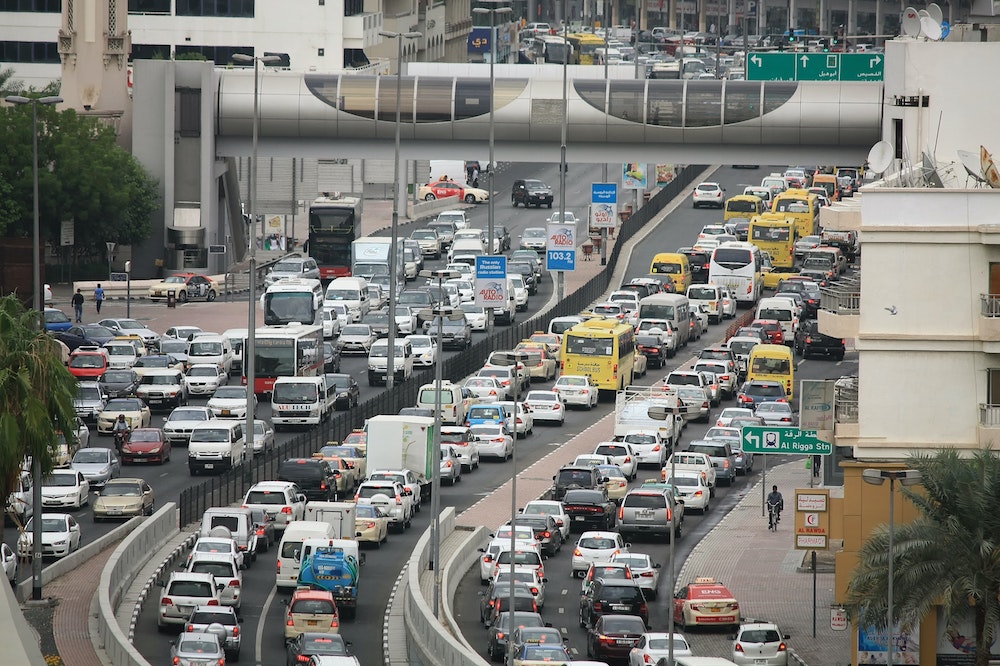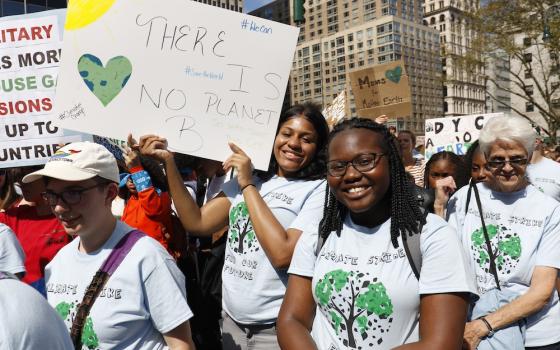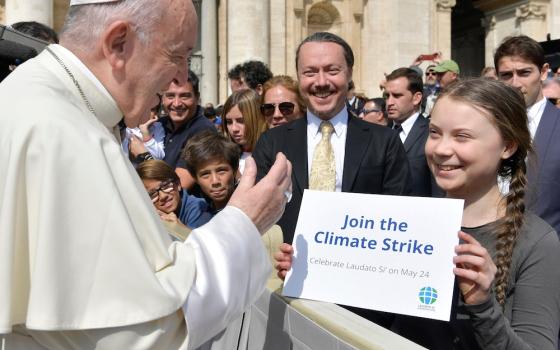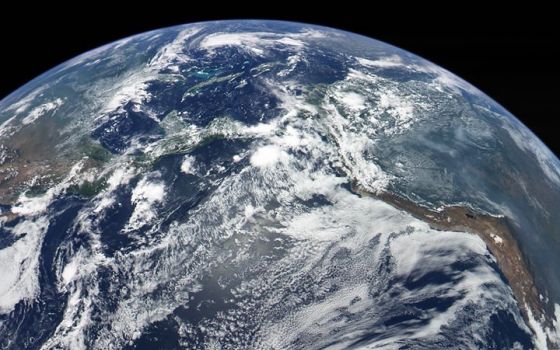
(Iwona Castiello d'Antonio/Unsplash)
Editor's note: In his Lenten "Reflections on the Care of Creation," Fr. Emmet Farrell examines our impact on the planet and our responsibility, as people of faith, for our common home. You can sign up here to receive Fr. Farrell's reflections in your inbox every Monday, Wednesday and Friday from Feb. 17 to April 2.
See:
Earth's human population has grown exponentially. The number of people on the planet has increased from about 1 billion in 1800 to 2.5 billion by 1950, 6.1 billion at the turn of the century and 7.8 billion today. This population explosion could not have occurred without abundant cheap energy, particularly fossil fuels, writes William Rees, professor emeritus of human ecology and ecological economics at the University of British Columbia.
In a vicious circle, the rapidly growing population demanded ever greater supplies of coal, oil and gas. Production increased to meet the demand, which continued to grow, resulting in even more production. This increase in the burning of fossil fuels is causing a dangerously rapid rise in average global temperatures.
Rees tells us that "half of all the fossil energy and many other essential resources ever used have been consumed in just the past 30 to 35 years. Look no further to explain why human-induced climate change has suddenly become so urgent."
Judge:
"The creation waits in eager expectation … in hope that the creation itself will be LIBERATED from its bondage to decay and brought into the glorious freedom of the children of God." (Romans 8:19-21)
"The crisis facing God's earth is clear. We, as stewards, have failed to live into our responsibility to care for creation and have instead abused it in ways that now threaten life around the planet. … 'A transition to energy efficiency and renewable energy sources will combat global warming, protect human health, create new jobs, and ensure a secure, affordable energy future.'" (2004 Book of Resolutions, "Energy Policy Statement") (United Methodist Church Statement on Climate Change).
Advertisement
Act:
- Learn what a carbon footprint is and learn how to calculate yours. Online tools available include this calculator from the University of California, Berkeley, and this one from the U.S. Environmental Protection Agency.
- Write or call one or more of your elected representatives to ask them to put a price on carbon emissions.
- Adjust your driving routine to reduce fuel use, or consider switching to an electric vehicle.
Sign up to receive emails for the Lenten "Reflections on the Care of Creation" series.






